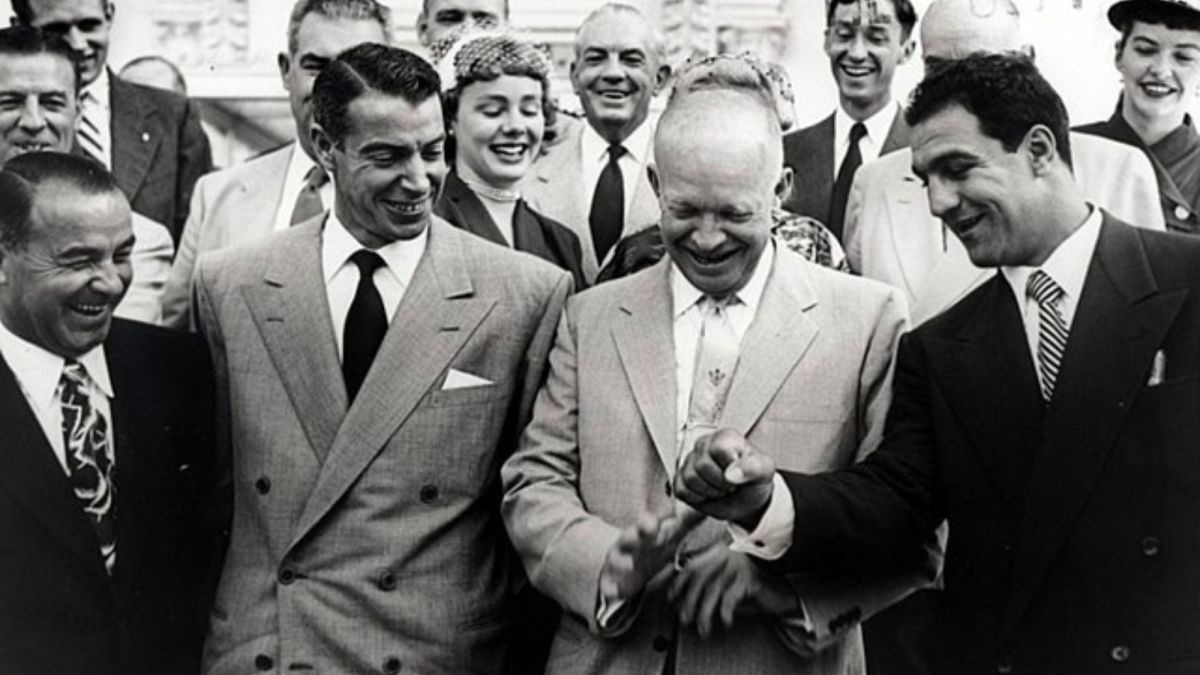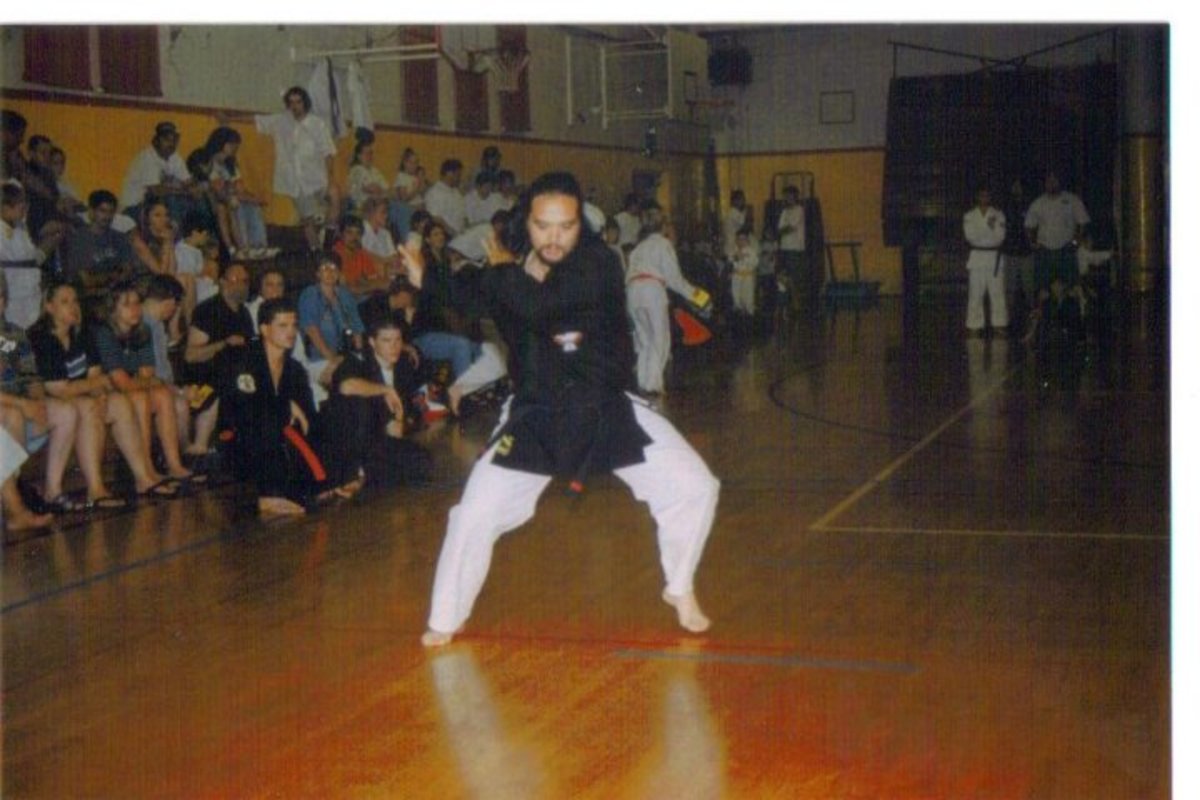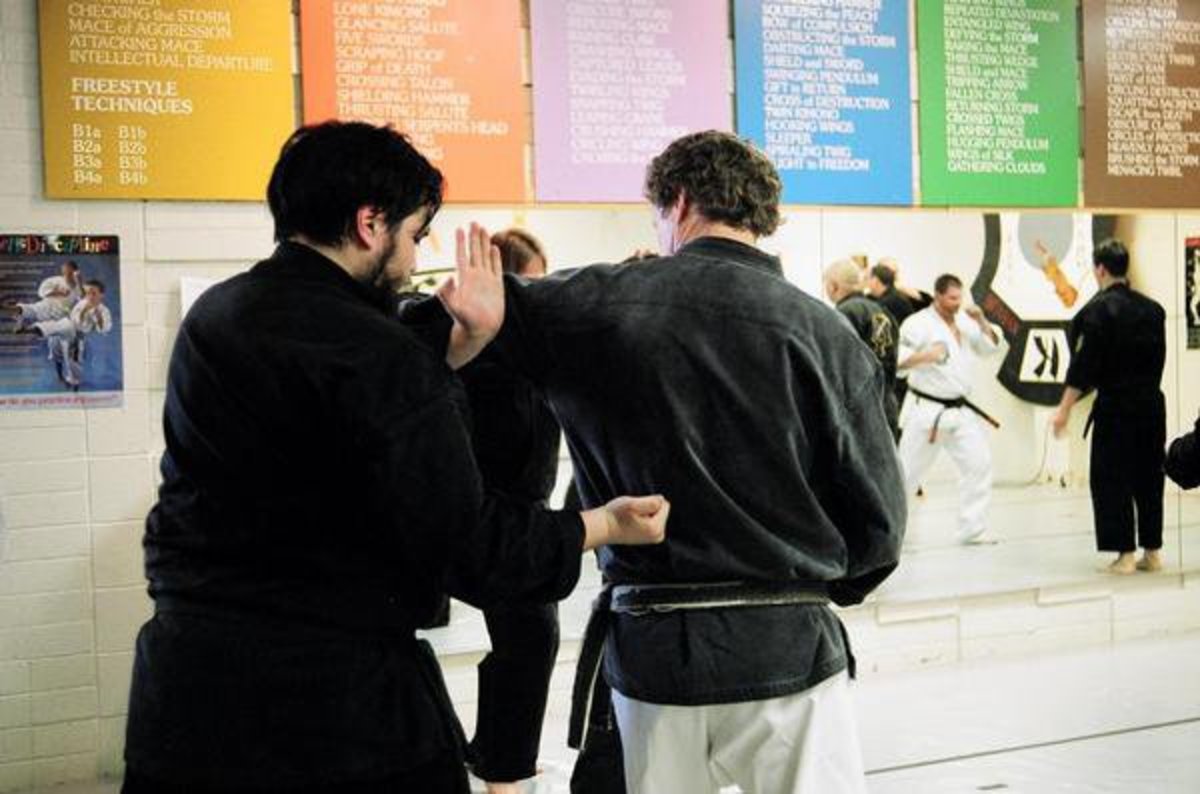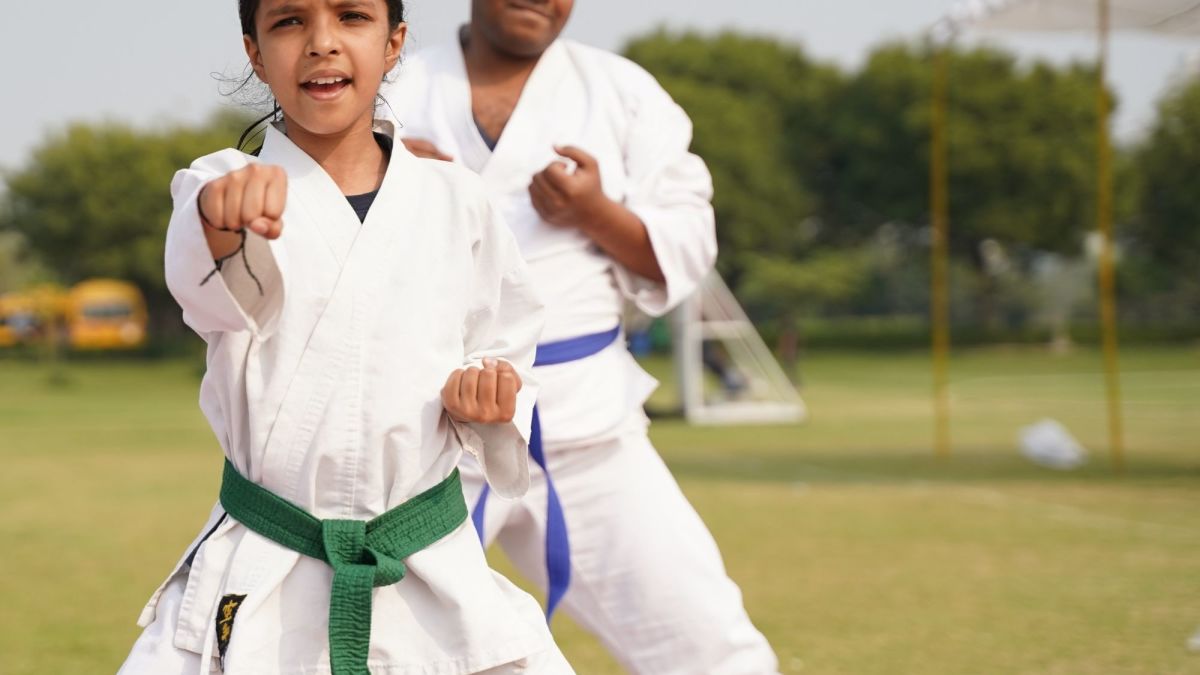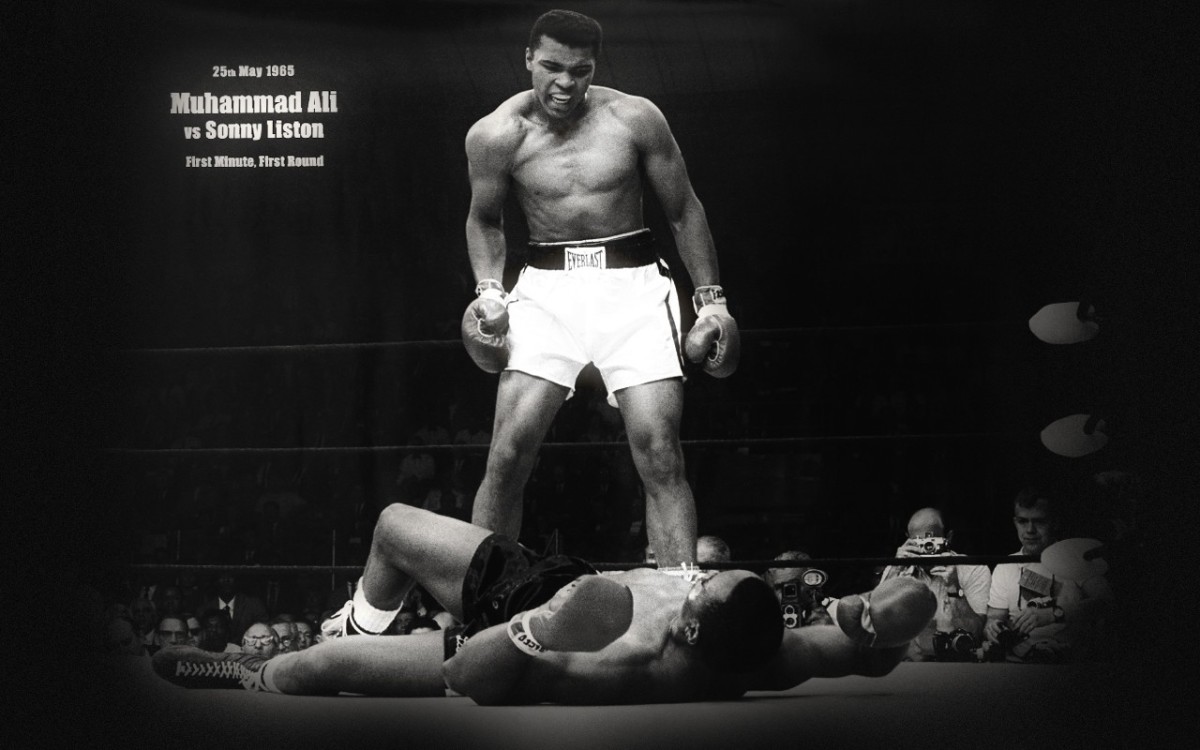Book Review: When Buddhists Attack, A Brilliant Work on Zen and the Martial Arts
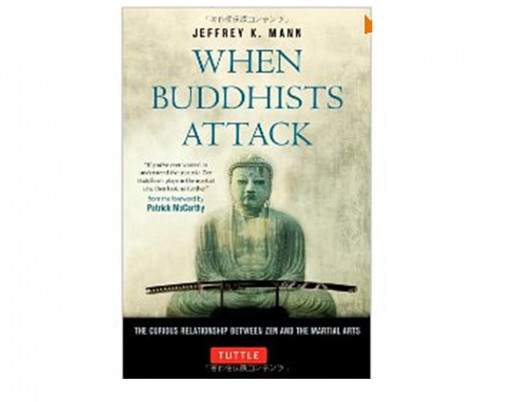
Zen & Martial Arts: How The Two Came Together
Jeffry R. Mann authored one of the more interesting works delving into the relationship between Zen Buddhism and martial arts. Entitled When Buddhists Attack: The Curious Relationship Between Zen and the Martial Arts, this is one of the best works to emerge in recent years capable of putting the connection between Zen and the fighting arts into its proper historical context. What makes this work so engaging is the fact it is written for the laymen looking for a very clear and concise tome that discusses the subject in an accessible way.
In other words, you can understand what it is Mann is trying to get across. The topic is not lost amidst a lot of confusing mumbo jumbo that permeates so many inaccessible and boring philosophical works.
Clear and to the Point
While there are many brilliant and classic such as Zen Theory, Zen Practice, Zen and Japanese Culture, The Unfettered Mind, and others, those works might not be easily understood by those that are entirely new to Zen philosophy. If you want to learn not only about Zen theory but also wish to see a connection between the martial arts and Zen, many of the classic works can sometimes be challenging to sift through. Frequently, this is because they do not work as introductory texts.
Then Along Came When Buddhists Attack.
In this work, Mann goes into great (yet simply described) detail on what Zen Buddhism is and also offers insights into the many different schools of Indian, Chinese, and Japanese Zen. Once you gain a clear understanding of basic Zen principles and you see how these principles proved appealing to the samurai class in Japan, a great deal about the connection between the martial arts and a religion/philosophy that professes non-violence flow so seamlessly together.
Two of the more interesting chapters are The Warriors' Zen: Initial Attraction and The Warriors' Zen: An Established Relationship. These chapters cover the crux of the material. Many will be reading the book to learn. Namely, they will be discovering how and why Zen theory grew to be so interconnected with the martial arts. In particular, the reader learns how and why martial arts and Zen theory became so intertwined in Japanese culture. Later in the book, we learn a little bit about how the western cultures began to embrace this unique mix of Zen theory and the combative arts.
Venturing into other Topics
The work covers the somewhat misunderstood practice of meditation and why it is integral to Zen Buddhist training. Among the most interesting charters would be the one on mushin and mindfulness. Mushin deals with the theory of no-mind, which is, mainly, being in the moment of what you are doing. The most common misconception about mushin would be that it revolves around the notion of concentrating on a particular task at the exclusion of all else. Mann effectively points out that the highest cultivation of mushin is being lost in the moment of what one is doing while also being consciously aware of one's surroundings. This is an attribute that would be extremely important to a trained martial artist.
Those that have a love for the martial arts and their traditional roots traced to Zen Buddhism will find this work to be one of the best published. While many martial arts books fade away shortly after publication, this work is one that will likely become a classic.
Read my hub reviewing the book Campfire Tales from Hell
Check out:
Reflections on Cynicism, Truth, and Liberation in the Zen Notion of Life is Suffering

